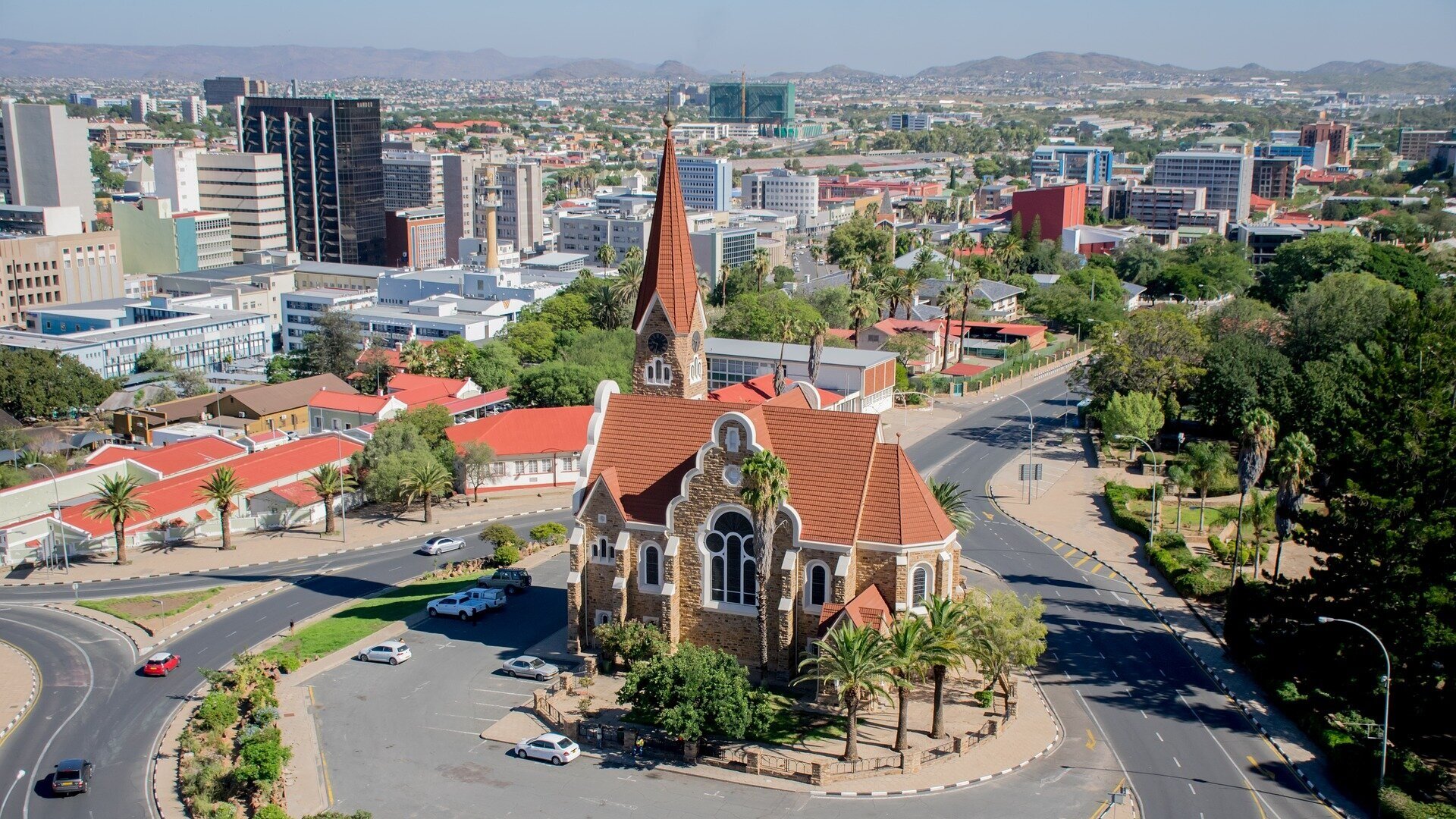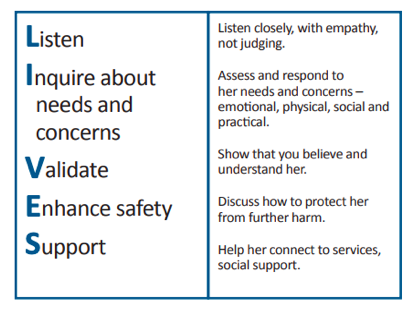SUMMER SCHOLARS BLOG: Ghazal Rezvani
Windhoek, where UNFPA’s Namibia office is based
Globally, every day and every hour, women are facing gender-based violence (GBV). GBV is considered a “harmful act that is perpetrated against a person’s will, and that is based on socially ascribed (gender) differences…” (Inter-Agency Standing Committee, 2015). The United Nations Population Fund (UNFPA), as the United Nations’ sexual and reproductive health agency, is committed to ending GBV, alongside its other efforts to support reproductive health care, education, and gender equality.
Select achievements of UNFPA Namibia in 2020, published in the UNFPA Namibia Annual Report
With the support of UNA-NYC’s Summer Scholars Fellowship, I was fortunate to join the UNFPA Namibia Country Office this summer—albeit virtually—as a GBV Prevention and Response Intern. Within this scope I was able to assist with research, resource mobilization, and other efforts towards the prevention and elimination of GBV. The proposals and research I supported aided in progressing SDG 5 (gender equality), which includes a target to “[e]liminate all forms of violence against all women and girls in the public and private spheres.”
In 1990, Namibia obtained independence from South Africa and previous German colonial rule, and in just 30 years has grown to be a leader in the region in addressing a variety of societal issues, including GBV. However, GBV is still prevalent; just this past year, the nationwide “#ShutItAllDown” campaign saw protests erupt across Namibia in an effort to disrupt public life until substantial political action was taken. Discriminatory gender and socio-cultural norms perpetuate GBV and are deeply rooted in Namibian culture, as evidenced by findings that 29.5 percent of adolescent boys and 28.3 percent of adolescent girls perceive beating as an acceptable way for a husband to discipline his wife (UNFPA, 2018).
Guidance from the UN’s Clinical Handbook for Survivors Subjected to Intimate Partner Violence and/or Sexual Violence, Namibia
Despite the continued devastating effects of COVID-19, in the past year UNFPA Namibia has been steadfast in its programming and collaboration with the Namibian government and partners against GBV. This included training 177 health providers in different regions on how to detect and treat GBV utilizing the UN’s own clinical handbook. UNFPA Namibia also collaborated with partners and the Office of the Prime Minister to support Namibian police in developing a national GBV administrative database system, simplifying the process for reporting GBV and coordinating services across different providers, including social workers. Additionally, there has been a global growth in organizations with initiatives to engage men and boys in preventing violence against women and girls, which usually include the practices of group education, community outreach, and community mobilization (Carlson et al., 2015; UNFPA, 2010). UNFPA collaborates with many local Namibian organizations to carry out such important initiatives.
With the kind of collaborative approach that is crucial for preventing a pervasive issue such as GBV, UNFPA Namibia and its partners are leading the way for lasting replicable effects in the global community. I am grateful to the entire UNFPA Namibia team for their wisdom and guidance throughout this learning experience, and to UNA-NYC for making this opportunity possible.
Our Summer Scholars Blog showcases our fellows’ experiences with the UN agencies and non-governmental organizations they worked with this summer. Learn more about our Summer Scholars Fellowship program and this year’s other fellows here.





